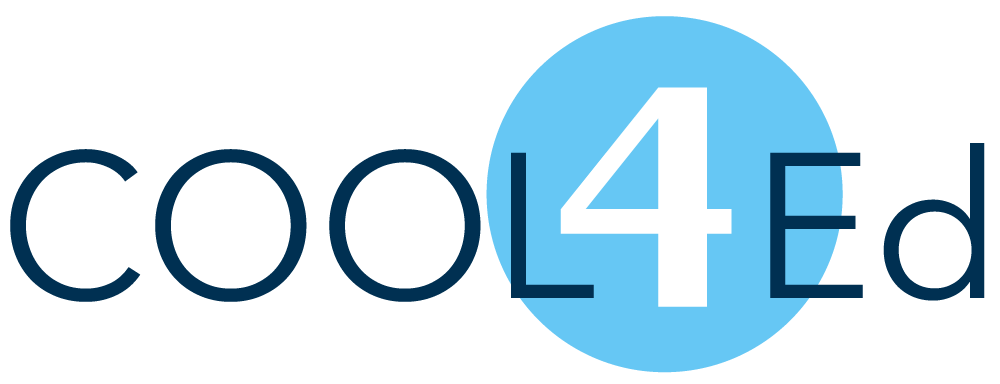ZTC Resource & Course
Introduction to Chemistry Course
Developed by Jack Rogers, this course introduces students to key areas of chemistry: inorganic, analytical, organic, and, most importantly, biochemistry. By the end of the course, students will have a working knowledge of atomic theory, chemical calculations and conversions, organic structures and nomenclature, and the roles of biological molecules in metabolism.
The textbook used alongside this OER course is The Basics of General, Organic, and Biological Chemistry by Ball et al This link will take you to an external website in a new tab.. It offers a clear and accessible introduction to chemistry, tailored for students in health-science related fields. I’ve supplemented the book with additional material from LibreTexts and Adapt homework problems, both of which have greatly enhanced the learning experience. These tools helped me design the course with student comprehension as the top priority. Additionally, I’ve incorporated a small section from Introductory Chemistry (specifically Chapter 7), which includes coverage of ionic reactions not found in Ball et al.
About the Professor:
My teaching philosophy emphasizes practice over perfection. I recognize that students often struggle with chemistry, especially at first. Rather than attempting to explain every detail up front and then testing students only on a simplified version of the content, I prefer to start with the core concepts they must understand. From there, we build toward more complex and nuanced scenarios. This approach encourages students to apply their problem-solving skills early, just as they will need to do in real-life medical or scientific environments. In medicine, for example, a single symptom rarely tells the whole story, it’s only a starting point. Similarly, in this course, students will start with a general focus that broadens into an understanding of the overall picture. Even if some students never revisit chemistry in their future careers, my hope is that the critical thinking and analytical skills they develop here will
serve them well wherever they go.
Though I’m a relatively new instructor with just a few years of teaching experience, I believe deeply in the value of learning. Knowledge is a powerful tool that has shaped the modern world. From life-saving technologies to everyday conveniences, at the heart of these inventions and processes is chemistry. I believe in the power of education so thoroughly, that I’m currently preparing to pursue a PhD in chemistry to deepen my understanding and contribute to scientific progress. I view teaching as one of the most meaningful ways to share that knowledge and inspire future scientists, healthcare workers, engineers, and innovators.
